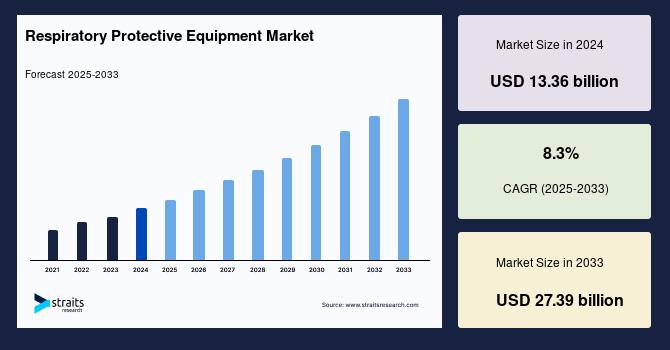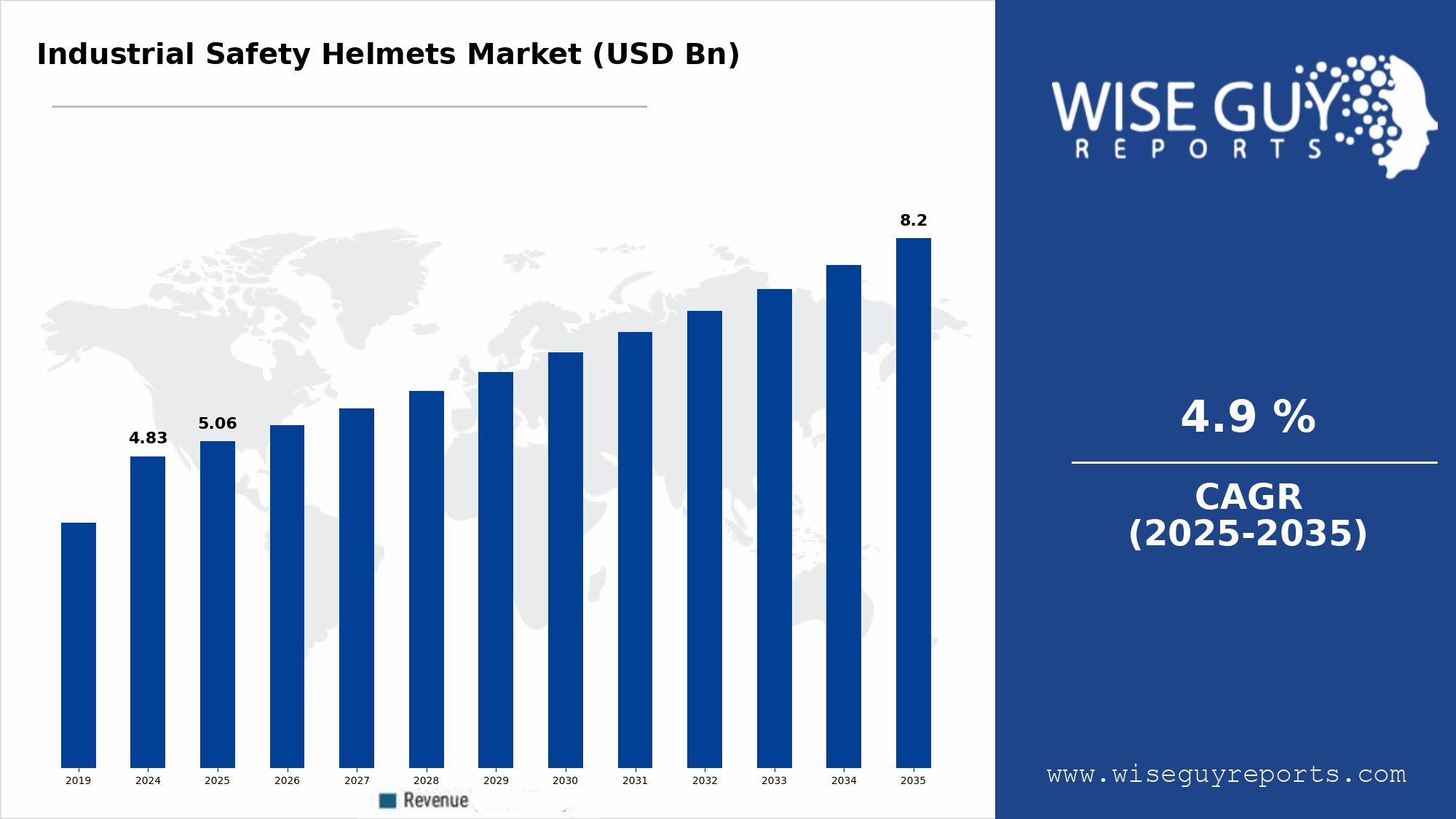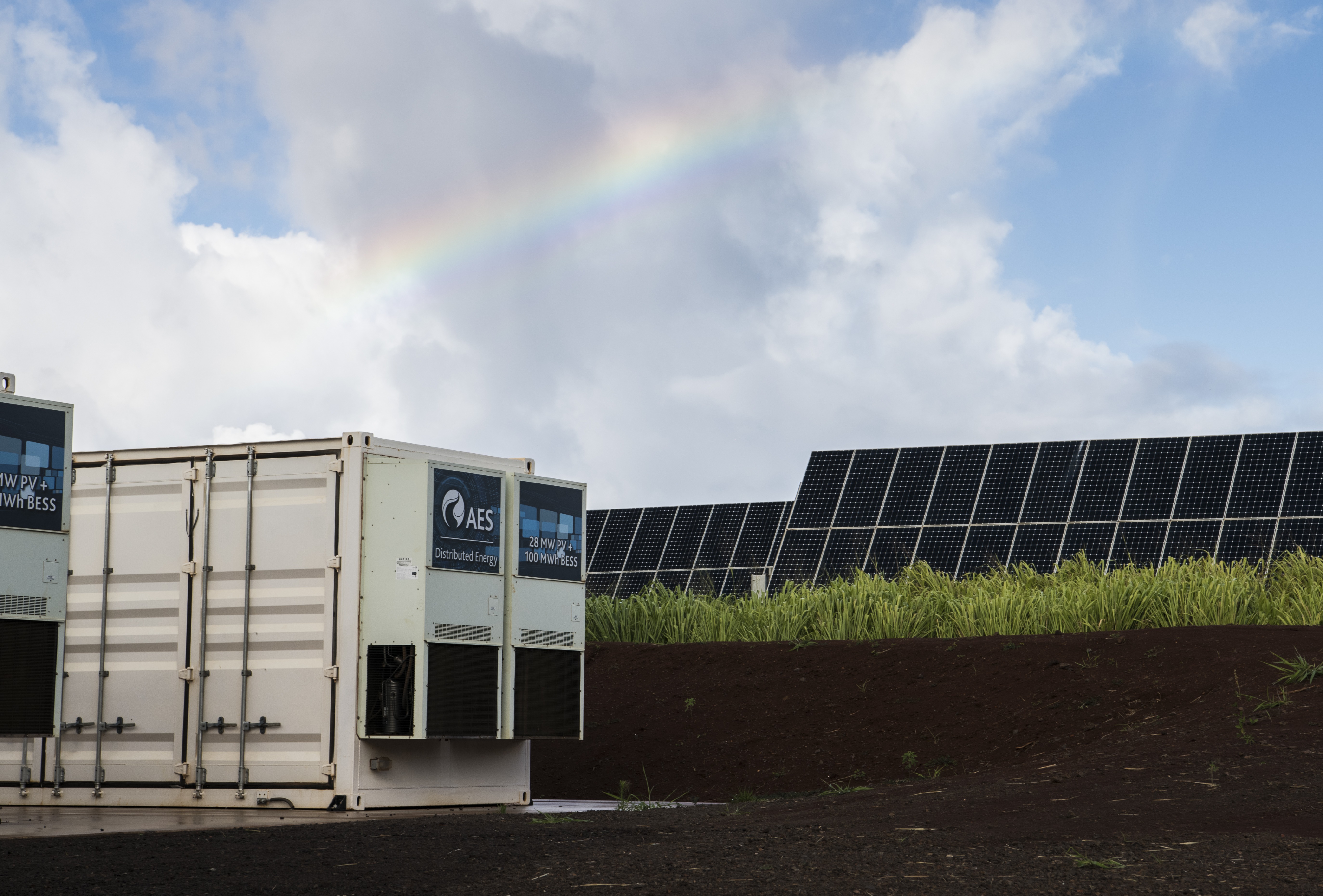Amazon's Zoox is at a pivotal juncture, seeking U.S. regulatory approval to deploy up to 2,500 driverless vehicles, a move that could significantly reshape urban mobility and logistics. This initiative underscores a broader trend in the automotive industry, where the integration of autonomous technology is not just a futuristic vision but an imminent reality. The challenge lies in navigating the complex regulatory landscape that governs autonomous vehicle operations, which varies significantly across states and municipalities. Zoox's request for an exemption highlights the urgency for regulatory frameworks that can adapt to rapid technological advancements while ensuring public safety and fostering innovation.
The implications of Zoox's potential deployment extend beyond mere transportation; they signal a transformative shift in how goods and services are delivered. By leveraging autonomous vehicles, Zoox aims to enhance efficiency and reduce operational costs, which could disrupt traditional delivery models. The approval process will likely serve as a litmus test for other companies in the autonomous vehicle sector, influencing future regulations and industry standards. As Zoox navigates this critical phase, its outcomes could set precedents that shape the future of autonomous transportation in the U.S., emphasizing the need for collaboration between technology firms and regulatory bodies to create a sustainable framework for innovation.








